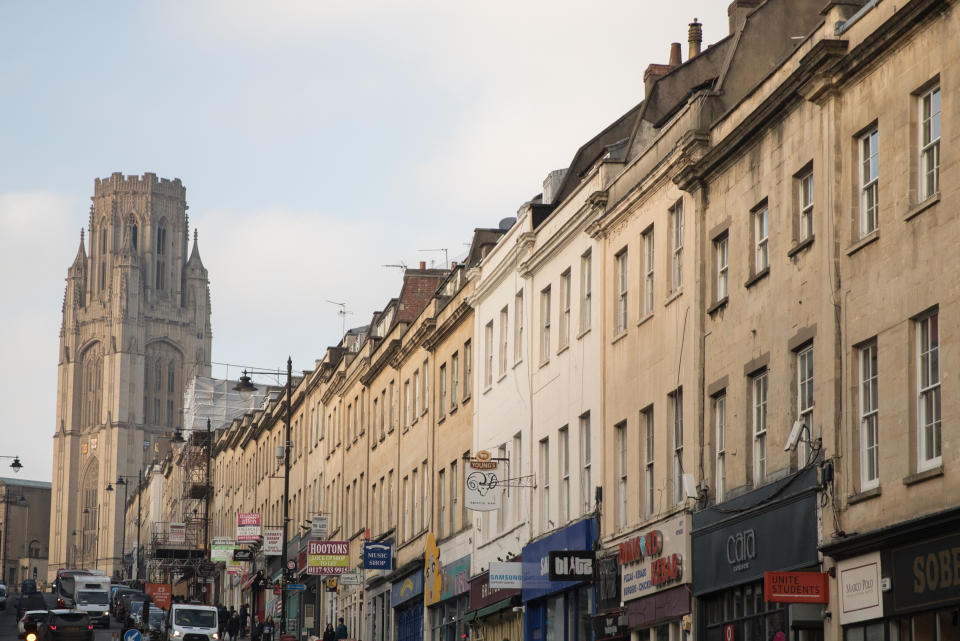Coronavirus: UK mortgage approvals hit seven-year low with property sales paralysed

New mortgage levels tumbled to their lowest level in seven years in March when the coronavirus first began to paralyse the UK property market, according to the Bank of England (BOE).
The new central bank data on Friday shows the number of mortgages approved by banks for residential property purchase in March dropped by more than 20% to just over 56,000. It marks the lowest level of mortgage lending since March 2013.
The latest BOE figures show the average rate on new variable-rate mortgages dropped 17 basis points in March, with the central bank slashing its own main interest rate to support the economy through the crisis. The cost of fixed-rate mortgages was little changed however.
The property market has seen a dramatic collapse in activity that accelerated with the lockdown in late March, with separate industry surveys showing new buyer and seller numbers falling fast since the crisis began. The government is advising against new transactions.
Many lenders have also tightened lending criteria during the pandemic, reflecting reduced staff levels, concerns over virtual valuations and prioritising customers in financial trouble.
Many properties on the market before the crisis remain for sale however, and estate agents and conveyancers hope virtual viewings and new COVID-19 contract clauses will encourage activity.
READ MORE: London rents drop as tenants secure discounts to stay put
Lender Nationwide said on Friday emergency measures by the central bank and UK government, including lower rates, loans to firms and a furlough scheme to stop job losses, meant the crisis may also have far less impact on property than past economic shocks.
Robert Gardner, its chief economist, said the raft of policies “should set the stage for a rebound once the shock passes, and help limit long-term damage to the economy.”
But he acknowledged the outlook for housing was “highly uncertain,” depending on the wider economy’s fate. With activity “grinding to a halt,” he said even measuring house prices and sustaining its closely watched house price index could prove difficult.
The index showed the lender’s average mortgage in April was for a £222,900 ($279,517) property, up 3.7% year-on-year in the fastest annual growth rate in average UK prices since February 2017.
The current crisis has derailed a short-lived recovery in activity after prime minister Boris Johnson’s election victory in December. Nationwide noted its index had not yet “fully captured” the crisis’ impact, with around 80% of mortgages in the April data applied for before the lockdown.

 Yahoo Finance
Yahoo Finance 